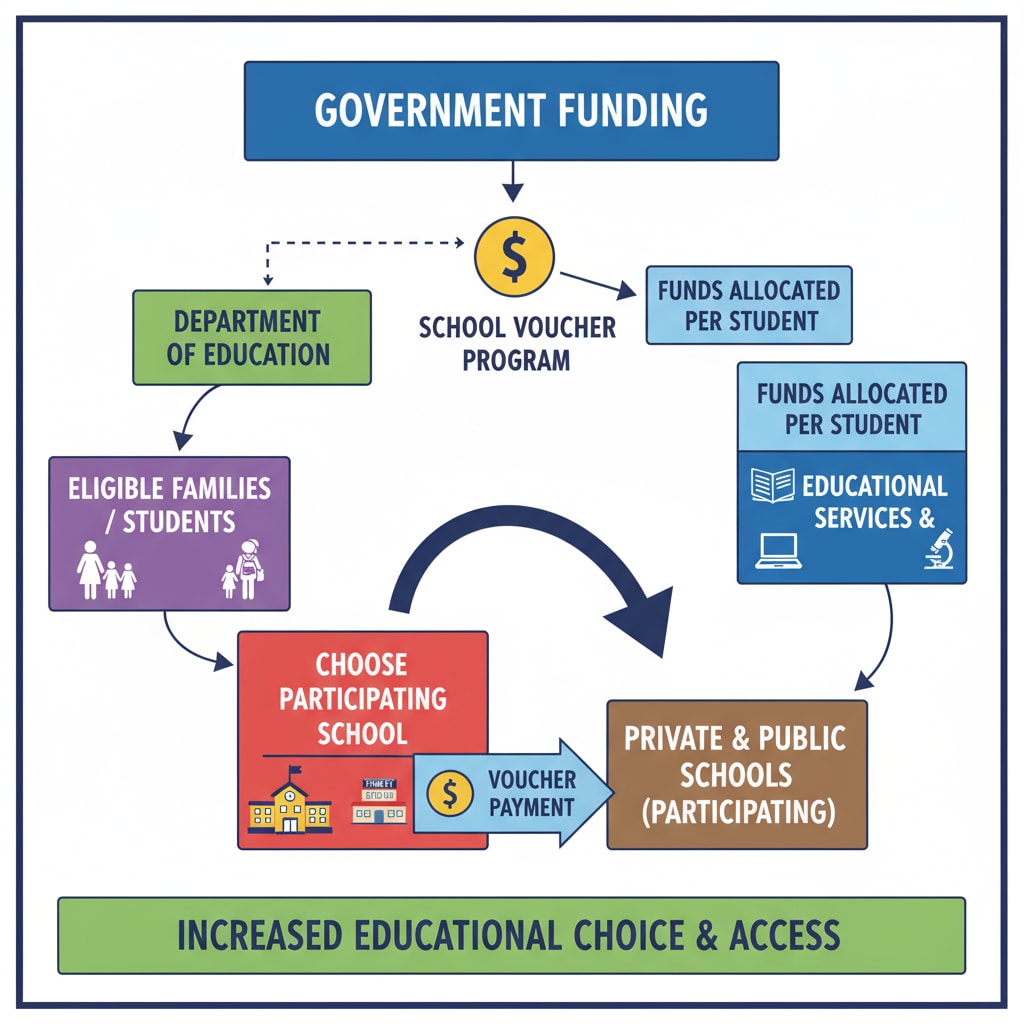The school voucher policy, a hotly debated topic in American education reform, has had a profound impact on public school funding, particularly in small towns. This policy has both proponents and opponents, each presenting valid arguments.

As we analyze its implications, it’s crucial to understand the various aspects at play.
The Basics of School Vouchers
School vouchers are a form of government-issued funding that allows parents to use the money to send their children to a school of their choice, which could be a private or a different public school. The idea behind this policy is to increase competition in the education market, potentially leading to better educational outcomes. For example, in some areas, parents who receive vouchers can use them to enroll their kids in schools with specialized programs. According to Wikipedia’s entry on school vouchers, this system aims to give families more educational options.

The Positive Impacts on Public School Funding
One positive aspect of the school voucher policy is that it can introduce new sources of funding into the educational system. Some private schools may receive additional resources through vouchers, which could potentially lead to innovation. In addition, it can encourage public schools to improve their programs to compete for students. As a result, public schools might attract more students and thus more funding. For instance, a public school might develop unique extracurricular activities to retain and attract students, which could boost its overall funding.
The Negative Impacts on Public School Funding
However, the school voucher policy also brings several challenges to public school funding in small towns. When students transfer to other schools using vouchers, the public schools they leave behind may experience a reduction in funding. This can lead to resource shortages, such as fewer textbooks or understaffed classrooms. Moreover, small town public schools often rely on a stable student population for funding, and the loss of students due to vouchers can disrupt their financial stability. According to Britannica’s article on school vouchers, this shift in student enrollment can have a significant impact on public school budgets.
In conclusion, the school voucher policy has a complex relationship with public school funding in small towns. While it offers potential benefits in terms of innovation and choice, it also poses significant threats to the financial stability of public schools. Finding a balance between providing educational options and ensuring the well-being of public schools is crucial for the future of education in these areas.
Readability guidance: This article uses short paragraphs and lists to summarize key points. Each H2 section provides a clear perspective on the topic. The proportion of passive voice and long sentences is controlled, and transition words are added throughout to enhance readability.


